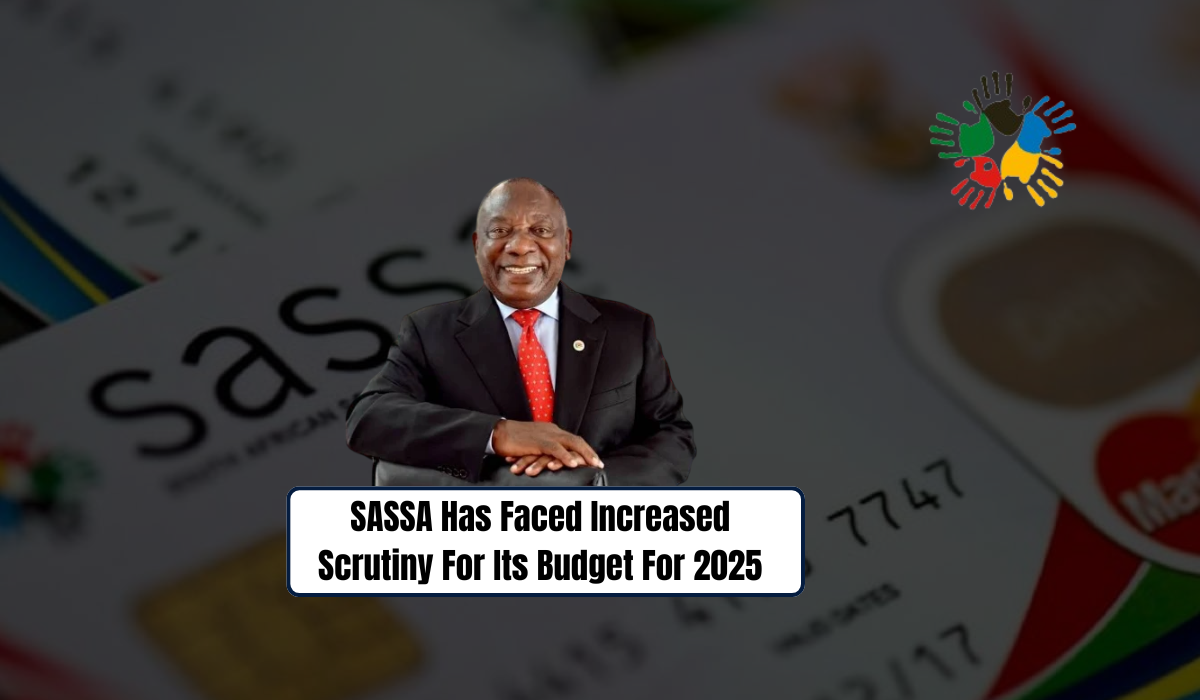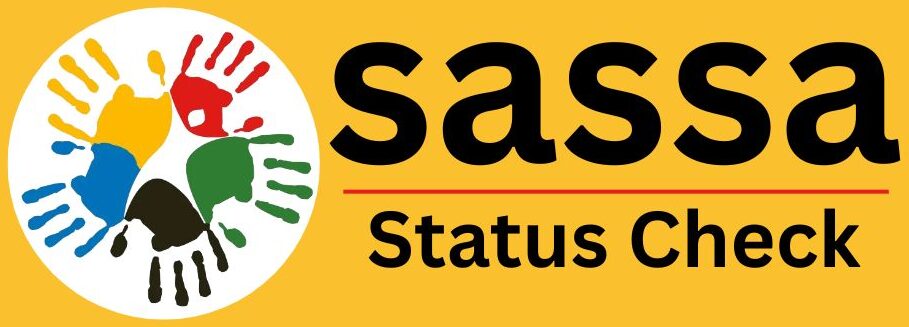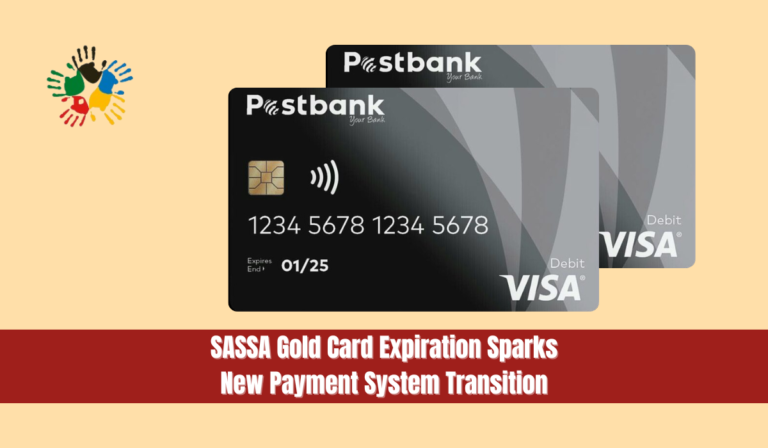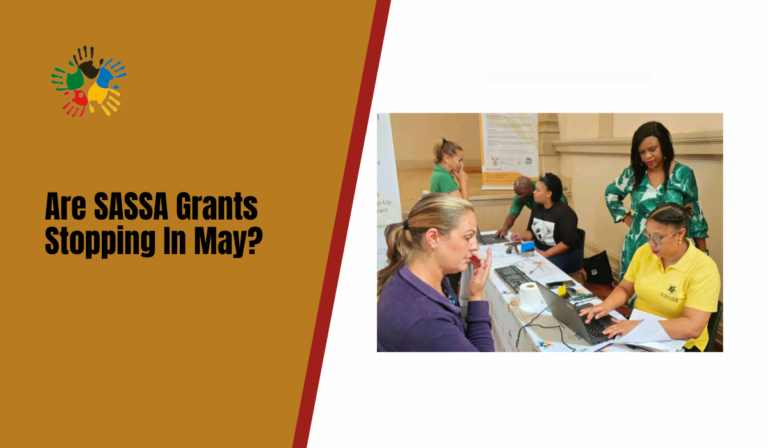SASSA Has Faced Increased Scrutiny For Its Budget For 2025

SASSA Has Faced Increased Scrutiny For Its Budget For 2025. The South African Social Security Agency (SASSA) is facing intensified oversight as it prepares to manage its substantial budget for the 2025/2026 financial year. With an allocation of over R80 billion from the National Treasury, SASSA has been tasked with ensuring improved efficiency, enhanced fraud prevention, and stricter compliance to safeguard the public funds earmarked for South Africa’s most vulnerable citizens.
This comprehensive review highlights the breakdown of the budget, the newly imposed compliance conditions, and the performance expectations tied to the disbursement of social grants in South Africa.
Growing Responsibility Amid Rising Demand
As of December 2025, the number of SASSA grant beneficiaries exceeded 19.2 million, underscoring the agency’s crucial role in poverty alleviation. These grants include child support, old age pensions, disability assistance, and the Social Relief of Distress (SRD Grant), all vital in providing basic income support to financially vulnerable South Africans.
The R80 billion budget reflects the increasing dependency on social assistance in the country and the need for efficient systems that ensure only qualified individuals receive aid.
Medium-Term Expenditure Framework (MTEF) 2025/26
At the end of April 2025, Tsakerwa Chauke, Chief Financial Officer of SASSA, presented a detailed expenditure breakdown of the agency’s Medium-Term Expenditure Framework (MTEF) to Parliament.
Below is a table summarizing the major budget allocations:
| Category | Amount Allocated | Purpose |
|---|---|---|
| Total Budget | R80+ billion | Funding for all social grant-related operations |
| Goods and Services | R3.9 billion | Operational costs, including IT infrastructure |
| Capital Expenditure (Capex) | R138 million | Digitisation, cybersecurity upgrades |
| Employee Compensation | R3.9 billion | Salaries and HR costs |
| Transfers | R43 million+ | Specific conditional or discretionary transfers |
A significant portion of capital expenditure will be directed towards enhancing digital infrastructure, such as implementing a Cybersecurity Threat Intelligence and Takedown Service, particularly in response to vulnerabilities identified in the SRD Grant system.
Strengthened Compliance Measures for 2025
To ensure greater transparency and integrity, SASSA is now subject to a set of new compliance conditions tied to its budget. These measures aim to address long standing issues around fraudulent grant claims, mispayments, and data inconsistencies.
1. Income Verification Checks
Beginning in March 2025, income verification will become mandatory for all grant applicants and existing recipients of:
- Child Support Grants (including Top-Up)
- Old Age Grants
- Disability Grants
- Care Dependency Grants
These income checks will assess whether recipients still meet the means test thresholds. If an individual’s income exceeds the allowable limit, their grant status will be flagged for review or cancellation.
2. Cross-Departmental Data Sharing
To tighten eligibility checks, SASSA will coordinate with multiple government departments for real-time database cross-verification, including:
- Department of Home Affairs
- Department of Correctional Services
- Unemployment Insurance Fund (UIF)
- Government Employees Pension Fund (GEPF)
These checks will be conducted during the application phase and twice annually for ongoing recipients.
3. Partnership With SARS and NSFAS
SASSA has been instructed to:
- Finalize an agreement with the South African Revenue Service (SARS) to access verified income data.
- Establish collaboration with National Student Financial Aid Scheme (NSFAS) to ensure beneficiaries do not receive duplicate support from both entities.
These agreements are essential for cross-checking financial eligibility and avoiding double-dipping.
4. Biometric Verification Upgrades
In cases flagged as suspicious, SASSA must employ biometric verification technology to authenticate identity and validate applications. This adds another layer of fraud prevention to the grant system.
Quarterly Reporting to the National Treasury
To ensure accountability, SASSA will submit quarterly performance reports to the National Treasury.
- Number of grant applications reviewed
- Number of grants suspended or cancelled
- Financial savings generated from non-compliant beneficiaries
- Operational challenges or system failures
The first report is due within 30 days after the end of each quarter, providing transparency on SASSA’s reform implementation and resource efficiency.
Digital Transformation & Cybersecurity Investment
One of the most notable features of the MTEF 2025/26 is SASSA’s commitment to digital transformation.
The agency is investing heavily in:
- Automated application systems
- Secure data storage
- Threat intelligence platforms
- Real-time fraud detection tools
These upgrades align with South Africa’s broader digital governance goals and reinforce the cybersecurity framework needed to protect sensitive beneficiary data.
Strategic Objectives of the 2025 Budget
SASSA’s strategic direction for 2025 aims to accomplish the following:
- Increase Grant Integrity: Ensure only those who meet eligibility requirements receive assistance.
- Reduce Fraud and Waste: Through biometric security and real-time verification.
- Enhance Operational Efficiency: Digitise systems and reduce manual errors.
- Maximise Resource Impact: Stretch the value of the R80 billion budget across more effective platforms.
- Improve Interdepartmental Collaboration: Seamless integration with SARS, NSFAS, and other entities.
Impact on South African Citizens
These reforms are designed not only to secure public funds but also to restore public trust in the social welfare system. For millions of low-income families, pensioners, people with disabilities, and caregivers, timely and fair disbursement of grants remains a financial lifeline.
However, the new verification systems may introduce temporary delays or rejections, especially during the initial implementation phase. Beneficiaries are encouraged to:
- Keep all income and identification documents updated.
- Respond promptly to review notifications.
- Contact SASSA if their application is flagged or suspended.
Conclusion
As SASSA enters the 2025/2026 financial year with a record R80 billion allocation, the agency is under unprecedented pressure to perform. The government’s directive to tighten compliance, digitize operations, and improve transparency aims to create a more reliable and fraud-resistant social grant system.






